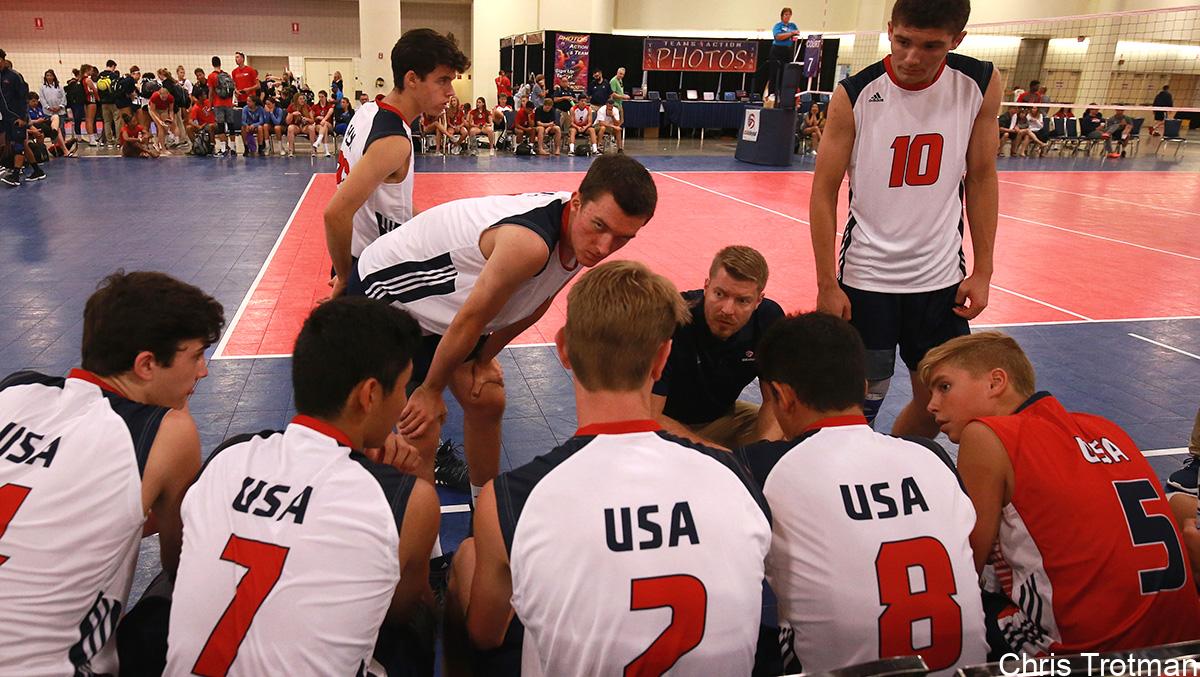
We have several thoughts to share with you. First, we applaud that you are seeking to become the best you can be. We have material listed below which will help you in this journey and teach you more about USA Volleyball, which with the U.S. Olympic and Paralympic Committee as our partner, is where “Olympic Journeys Begin…”
First and perhaps most important, is that Olympism is a process that begins when an athlete discovers an Olympic sport. From that point on, their love of the game is guided by what Olympism stands for. You can find more at olympic.org. In addition, the FIVB (International Federation of Volleyball) website, fivb.org, expands on the opportunities worldwide.
The next thought is that volleyball is a pretty affordable sport. While club training and travel can be costly, it is the journey within a sport an athlete loves that matters. Some people take trips with families just for fun, others are taken to also compete in sport competition. In America, there are lots of volleyball development options. School volleyball should cost very little. Club training costs vary. Find out what region you are in to learn more about clubs.
Specific to volleyball, we would urge you to also consider is playing doubles in the “summer.” In the end, learning volleyball comes down to getting repetitions in a game-like way. The game is played over a net and “reading” (analyzing your opponents’ moves) is really the most important skill to be learned. Just like you learned to ride a bike by riding (I doubt you hired a coach, did drills or went to “bike-riding camp”), you learn to play volleyball best by playing volleyball. While you learn playing 6 vs. 6, the contacts per hour is dramatically less than when you play 2 vs. 2.
The other area that will help a volleyball player develop is by playing older athletes, especially adults, not age group competition. Three-time Olympic beach volleyball gold medalist Misty May-Treanor grew up first playing coed doubles with her father, Butch. Olympic volleyball and beach volleyball gold medalist (and current U.S. Women’s National Team head coach) Karch Kiraly did the same, playing from 8-years-old until he was a teen with his father against adults in beach doubles. These events are either arranged by playing for hours just on the beach or at traditional grass court areas on fields against others who want to improve, or paying a small amount to enter a doubles tournament against adults in the A, B or other levels. Doubles on the sand is not only an Olympic sport, but is now an NCAA women’s scholarship sport at many Division I universities. More on this concept of the outdoor options available at no or low cost is in the article Play Better Indoors by Playing Doubles. Similarly, playing on an adult coed or same-gender team is a way to get better. Indeed, playing all you can outdoors, indoors, or open gym, gets more of the repetitions needed. We would also caution you against specializing, and have two articles to ponder about that, with one about height over skill, linked below.
So that get you to train and develop – then you also need to study and learn about our National Team Development Program.
The last suggested article to read is Gifts for a Volleyball Player. The most important would be a portable net system, so with three other friends, adult or youth, they can play and play and play this summer and begin that Citius, Altius, Fortius path of Olympism.
